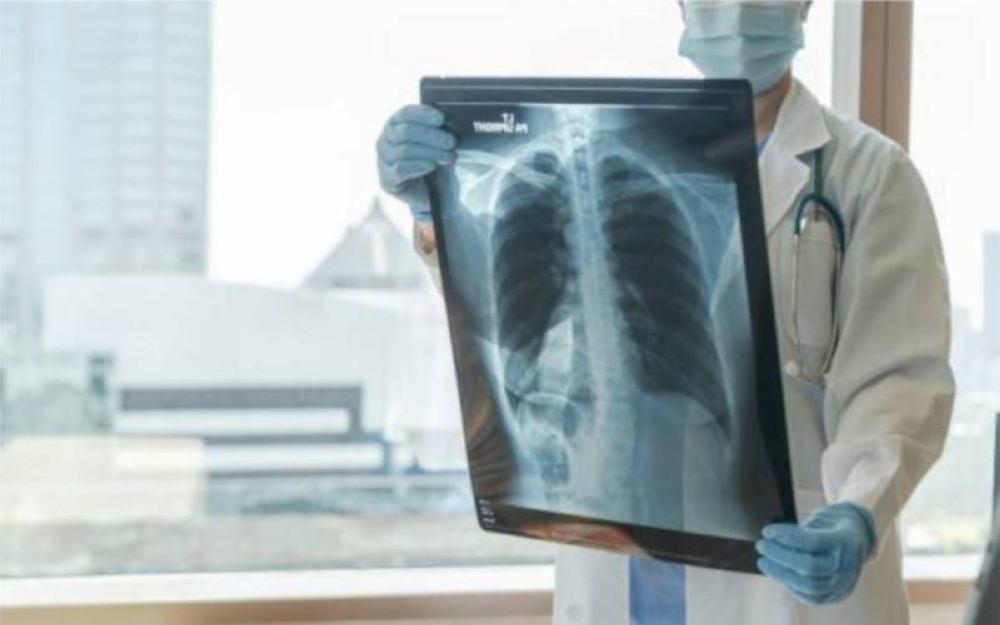Pertussis disease is highly contagious - Expert

SHAH ALAM - Pertussis, also known as whooping cough, is a highly contagious respiratory disease caused by the Bacterium Bordetella Pertussis, medical expert Professor Dr Sharifa Ezat Wan Puteh said.
“Pertussis is distinguished by uncontrollable, aggressive coughing that frequently makes breathing difficult.
"Pertussis patients frequently need to take deep breaths after fits of multiple coughs, resulting in a ‘whooping’ sound.
“The whooping cough virus is extremely contagious. Whooping cough bacteria spread easily from person to person by coughing and sneezing,” she told Sinar Daily recently.
Dr Sharifa also explained that some people have minimal symptoms and are unaware they have whooping cough, but they can still spread the bacteria which transmits it to others, especially babies.
She also highlighted that Pertussis disease is extremely dangerous, especially for newborns and young children.
"Pneumonia, seizures, brain damage, and death can all result from whooping cough.
"Babies under the age of one year who contract whooping cough may require hospitalisation or possibly death.
“Antibiotics are used to treat whooping cough. This destroys the bacteria but has no effect on the toxin.
"Even with a successful antibiotic, a patient will experience pain and discomfort for six to 10 weeks before recovering.
“However, if taken early in the illness, antibiotics will decrease the spread of disease and relieve symptoms,” she added.
“Most children are now vaccinated against whooping cough with the Diphtheria, Tetanus, Acellular Pertussis, or DTaP injection at two, four, and six months of age. Then, twice more before starting kindergarten.
“There are booster shots available for adolescents and the elderly as well. This means that vaccinated persons can still become disease carriers, distributing it to both vaccinated and unvaccinated people,” Dr Sharifa said.
She also went on to explain the symptoms of Pertussis disease.
The symptoms might mimic those of a common cold, including nasal congestion, runny nose, sneezing, red and watery eyes, mild fever and a dry cough.
After about one to two weeks, the dry cough turns into a wet cough that produces thick mucus.
“Pertussis is one of the diseases covered by the Expanded Programme on Immunisation (EPI), with vaccinations administered as part of normal immunisation services throughout the Western Pacific Region, including Malaysia.
“For the past 15 years, the incidence of Pertussis disease in Malaysia has been less than one per 100,000 people. However, due to insufficient vaccine coverage and people refusing to be vaccinated, Pertussis has become more common globally,” she said.
On Aug 19, the Pahang Health Department confirmed a Pertussis (whooping cough) case in Kampung Bahagia, Rompin.
In a statement issued yesterday, its director, Datuk Dr Nor Azimi Yunus, said the Rompin District Health Office discovered the case involving a woman and her two children.











